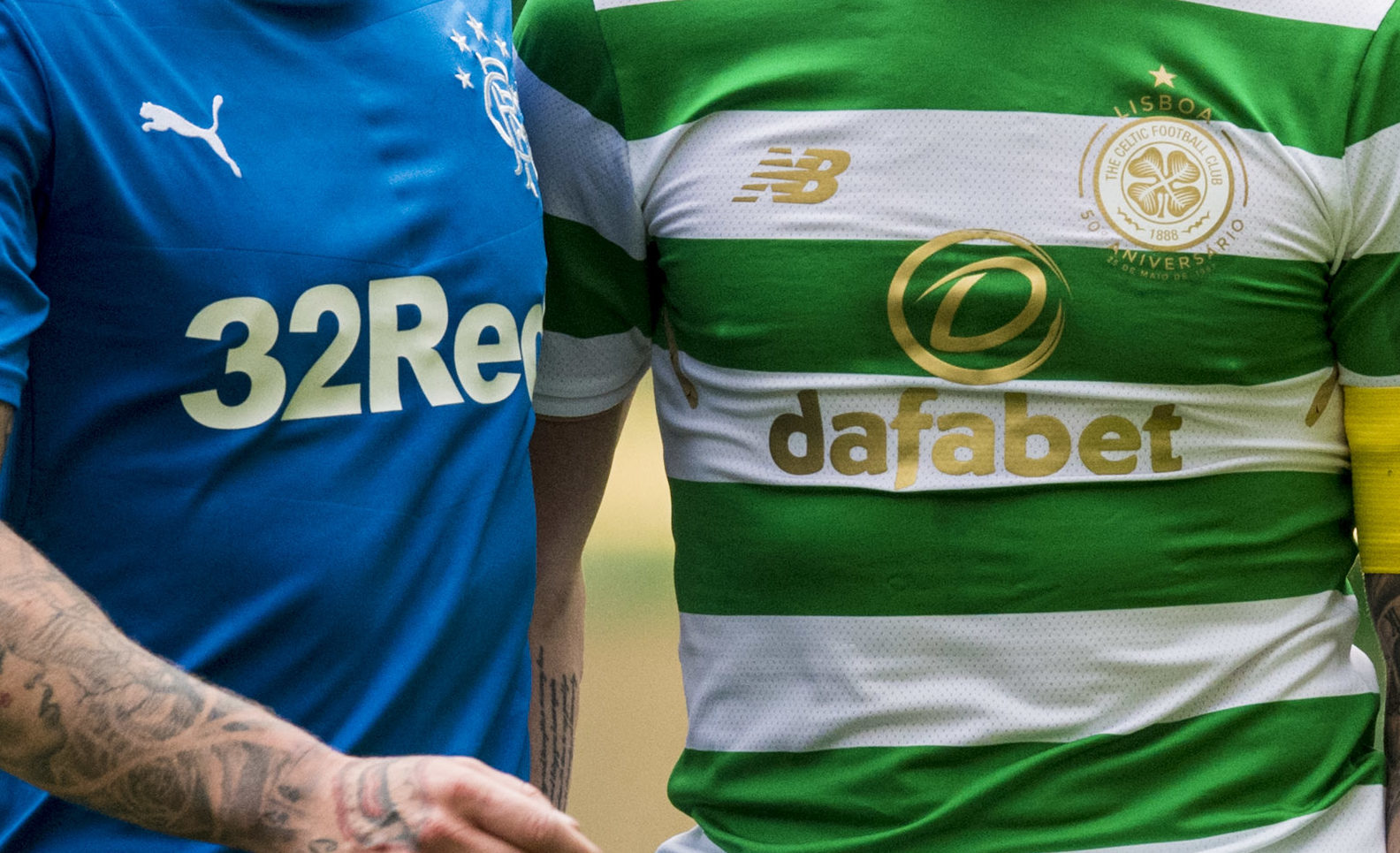
FOOTBALL has had a long association with the betting industry.
That’s why the game should actually be delighted by the UK Government clampdown on fixed-odds betting terminals (FOBTs).
Capping the maximum stake punters can chuck into these machines has got to be a good thing.
The alternative – letting people pour their day’s wages away in minutes – is clearly dreadful.
You see guys, and girls, queuing up at the bookies to use these things.
I’ve watched folk leave handwritten notes on them saying: “Don’t play this machine – I’ve just nipped to the cash point.”
These people have got a problem with gambling, and they should be helped.
Football, which pulls in millions in sponsorship from bookmakers, should be pleased it won’t be profiting from FOBTs in the same way as before.
Why? Because the money they bring in has come from problem gamblers, not people having a punt on a football game or a horse race for entertainment’s sake.
We should all be able to bet in moderation if we want.
The same goes for having a drink or a cigarette.
But the fact is not everybody is strong-willed enough to do that.
Some people simply can’t control their urges when it comes to these things, and take it too far.
That leads to difficulties for them and their families.
Football doesn’t want to be associated with that sort of thing. In fact, even some bookies don’t want anything to do with it.
While some companies have spoken out against the Government, others are in favour.
William Hill have said many of its shops will become unprofitable now and warned of closures and job losses.
Of course, that’s terrible for the staff that will be affected.
But Paddy Power admitted the industry had “suffered reputational damage” as a result of FOBTs and welcomed the new limits.
That seems a sensible approach to me.
And will football’s sponsorship money dry up? Not a chance – for one simple reason.
The United States of America.
Last week, the US Supreme Court dismissed the law forbidding sports betting across the majority of the country since 1992.
The result is that each state can now make its own decision on whether to allow gambling on everything from horse racing, to basketball, to American football – and to the Premier League, the Scottish Premiership and any other football league in the world.
The US is a sports-mad country of 300-odd million people, so the potential profits there are enormous for bookies.
In fact, William Hill’s stock prices shot up straight after the Supreme Court’s announcement.
That tells the story – American money will more than plug the gaps left by changes in this country to FOBTs.
And bookies here will also find new ways to offer what they always have to UK punters – betting on traditional sports.
For me, that’s what betting is – having a flutter on a race or a game.
Most of us would be in the same boat on that one, and most of us can do it without it costing us too much.
Thumping money into machines is something else altogether.
So I think, in the long term, both betting and football will be better off without them.

Enjoy the convenience of having The Sunday Post delivered as a digital ePaper straight to your smartphone, tablet or computer.
Subscribe for only £5.49 a month and enjoy all the benefits of the printed paper as a digital replica.
Subscribe